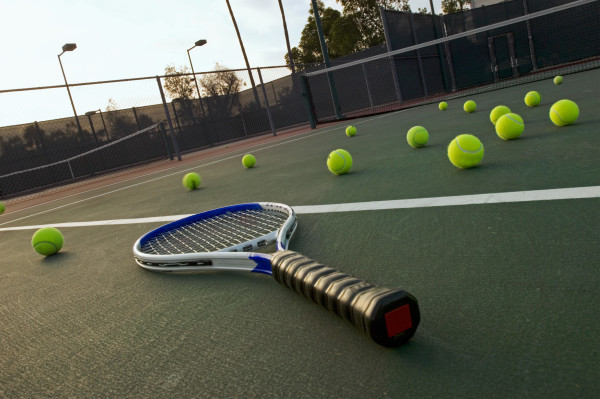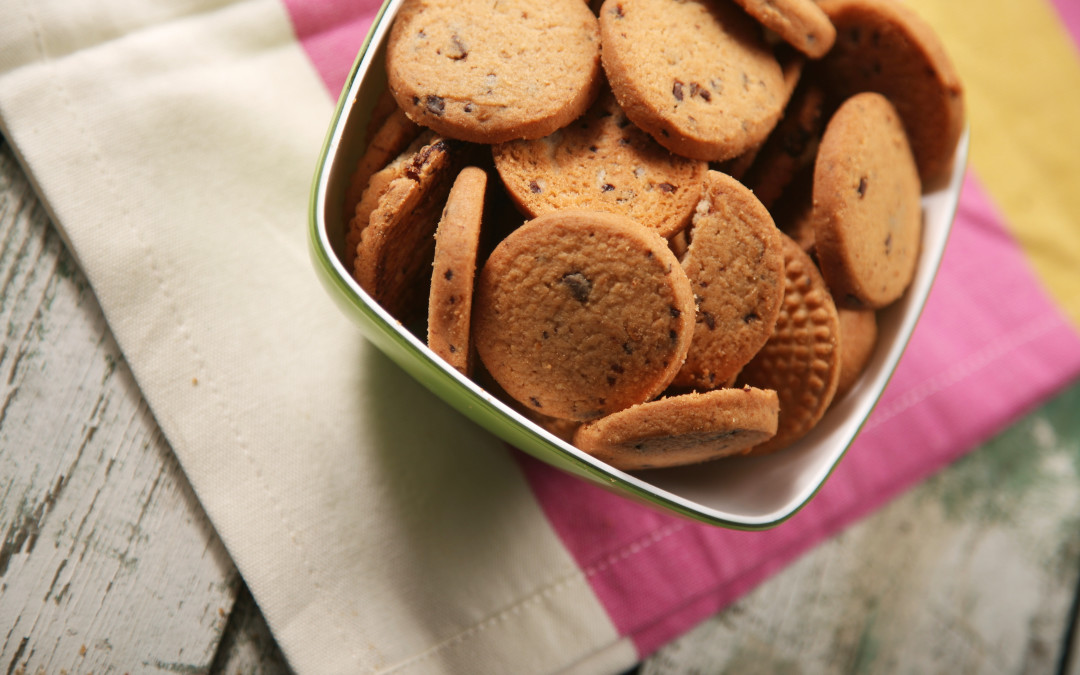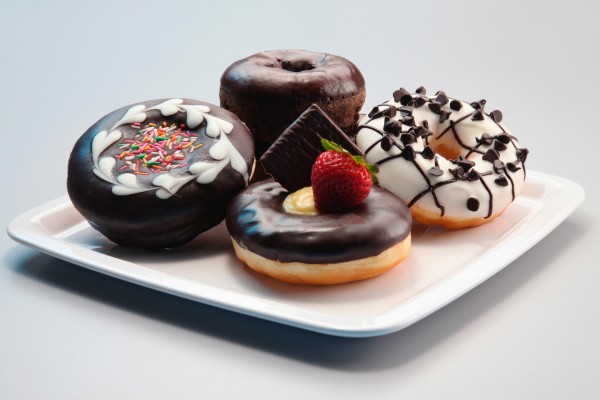Here’s the 30-sec summary of what you need to know about self-discipline and food:
- The skill of awareness with food eliminates the need for self-discipline to make good choices.
- The habit of “slow eating” will develop this critical skill of awareness.
- While very simple, “slow eating” is not easy. It goes against many of the biologically hardwired systems in the body. Because of this reality, it’s inevitable that you will screw up. The key is being kind to yourself when this happens. You are not alone. Finding a mentor, coach or health professional can drastically improve your chances of success with this habit.
“If I only had a little more self-discipline, I could …..”
This statement might be one of the most popular ones I hear when I talk to people about nutrition. Who hasn’t said these words? I know I certainly have. On multiple occasions.
But that was before I developed the skill of awareness with food. It’s completely changed my relationship with food. Hopefully, this will help you shift your perspective too.
Let’s jump right in..
Healthy, Fit People Have More Discipline & Willpower, Right? Wrong.
I get this comment in some form or another multiple times a week..”Hey Nick, you must have so much discipline to stay so fit. I’m so impressed with your discipline, if only I had some more of that.”
My response is always the same, “umm, no actually I don’t. My self-discipline is pretty average actually. Just ask Julie, when she makes a batch of these chocolate chip peanut butter cookies, I eat half of them in the 1st 24 hours. They’re lucky if they last 2 or 3 days!!”
It’s simple for me, if they are in the house, I will eat them. It’s not that I have the discipline to resist the cookies, it’s just that we choose to not have them around the house very often. I have the awareness to know that I’ll crush all of them if they are there.
More importantly, I know that when I do eat them it might give me a hit of pleasure in the moment, but I feel like crap an hour later. And I’m hungrier too. That’s not a good combo for me and the way I want to live my life. So it’s no cookies in the house most of the time. That way I don’t have to waste my precious mental energy trying to “discipline” my way to not eating them.
So while we tend to believe that all we need is a little more discipline or willpower to make better food choices, the truth is that it doesn’t really work that way for most of us. According to the research around motivation and willpower, it’s unpredictable. It comes and goes. If you try to rely on this unpredictability, it wont work well in the long-run. Not to mention it will be exhausting self-policing yourself 24 hours a day.
Fortunately, there’s a better way.
Practice Daily Habits To Build Skills
Instead, a better strategy is to focus on building the skill of awareness with daily habits. There’s no willpower, discipline, or motivation involved. Over time, when you have this basic skill of awareness in place, you consistently make better choices for YOU. Not what works for your brother in law who is gluten free or the health guru who tells you to eat 6 meals a day.
You do what works for your body, your goals, your lifestyle, and your personality.
This skill development strategy applied to eating well is no different than skill development in learning a sport.

I’ll use the example of tennis.
If we applied the current nutrition industry approach of “Hey here’s a meal plan, eat this for 30 days and come back to me” to learning tennis it would look something like this:
- Hit the ball over the net inside those white lines. Do that one more time than your opponent and you win.
- Take a look at this guy Roger Federer. See how he moves his body, Ok, just do that.
- Go for it, good luck!
You’d look at me like a crazy person. You can’t even make solid contact with the freakin’ ball yet!
It’s obvious what you need to do in this context. You need to build the fundamental skills. You need the fundamental skill of hand-eye coordination before moving forward. Then you progress to proper footwork. Then to the correct racket technique. So on and so forth.
This is the exact approach that we need to take with eating. If the goal is to get leaner and lose body fat, you need to develop the skills to make better choices, set up your environment for success, prep meals, plan for social events, etc.
Telling you to just go “do it” is the equivalent of telling you to just go hit the ball over the net one more time. It’s ridiculous. But it’s still so prevalent everywhere we look! No more. Here’s what to do instead.
Start with developing the skill of awareness with slow eating.
Slow Eating To Develop Awareness
Slow eating is a habit that you can practice with every meal that helps build the fundamental skill of awareness. This is a crucial first step to making better choices.
With slow eating, you’ll become a master of your body. You’ll start to notice how certain foods affect you long after you eat them. That muffin might have tasted good, but you’ll soon learn that eating that muffin was the exact reason why you are now ravenous 2 hours later.
Developing skills with eating has the ability to transform your life. You’ll completely change the relationship you have with food.
How To Do It
Try this out next time you sit down to eat a meal – time how long it takes you to eat your meal. The goal for each meal should be 15-20 minutes.
If 20 minutes feels like an eternity, start with a smaller, more realistic goal. If you’re currently shoveling food in your mouth over the sink, then start with a more attainable goal of 7-10 minutes for each meal. You have to start somewhere, and remember, it’s a practice.
You’ll get better over time.
The important part is just paying a little more attention while eating.
The main goal with the habit of slow eating is to give your body a chance to signal your brain that you’re full.
So many times we’re eating simply because there is food on the plate even though we’re completely full. Or we’re eating because we’re bored. Or stressed. Or to reward ourselves. Our relationship with food can be very complex at times, but it always starts with the simple act of being more aware.
Slow eating creates this environment of awareness.
What I also love about eating slowly is that is has nothing to do with what you are actually eating, you can apply this rule to all meals and all foods.
What to Do Next?
Once you get in the habit of eating slowly, then it’s time to build on that foundation and get into some of the higher-level skills. You open yourself up to many more options. This is when it starts to get fun and you can start to play around with more advanced nutrition strategies like changing various macronutrients, experimenting with meal timing, trying out carb cycling, intermittent fasting, or adding supplements.
This is when real transformation starts to happen.
This framework is the exact way that we coach our clients. It’s powered by Precision Nutrition and the successful system that has transformed over 45,000 people and helped them lose more than one million pounds! We use this proven system to power our coaching program so that you get the best results possible.
We do have a few limited spots open. If you want us to show you the way to true health and vitality without relying on meal plans or hours of mindless exercise, click on the appropriate link below. We look forward to connecting with you soon!




